Breaking
- MENU
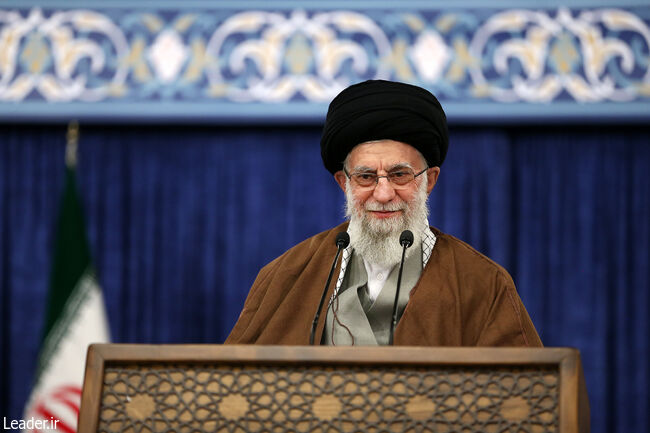
At the dawn of a new century in the Persian calendar, the Iranian Supreme Leader Ayatollah Ali Khamenei made his customary speech on 20 March, in which he reviewed Iran’s position on domestic and international affairs. He talked about the opportunities and challenges that lie ahead for the Iranian nation. Khamenei's address strikes of high hopes hallowed with anticipation of the revival of the Joint Comprehensive Plan of Action (JCPOA).
As the ceremonial tradition goes, the Supreme Leader in his iconic brown cloak and black dulband sat down to deliver the speech, with Ayatollah Khomeini’s portrait in the background. Like 2018, he furnished two speeches, one at the cusp of the new year and another on the first day of 1400. The former was a small segment, wherein he primarily focused on domestic issues and challenges facing the Iranians in the upcoming year. In the latter, emphasis and time were dedicated to a host of issues, including Iran’s external relations and the fate of Bar-Jaam (Persian designation for JCPOA).
At the outset, the speech reflects Iran’s relatively stable position compared to the past few years. Last year, when Khamenei delivered his remarks, Iran was encumbered with troubles from all sides: in January, the IRGC commander Qassem Soleimani was killed, was the worst affected country by COVID-19 in the region, its economy was in shambles, and a hostile administration was in Washington. However, not everything is up to Tehran’s liking this year, but the two most crucial things stand out. First, the administration in Washington is no longer as hostile as the previous one. Second, Iran’s network of influence in the region remains secured and dispelling doubts about the Iranian ability to manage its regional influence without Soleimani, his successor Esmail Ghaani seems to have learned the ropes quickly.
In the 2020 speech, Khamenei’s focus remained on convincing the public of the official position amidst the mounting difficulties under the sanctions. As Khamenei had implored, “they [Iranians] should confront subsequent events with hope and by keeping up their morale as well, and they should rest assured that bitter events will pass…Relief will surely await the Iranian nation. There is no doubt about this.” The speech was intended to pacify the public, given the massive protests that Iran witnessed in November/December 2019. Interestingly, the 2020 speech made use of the word ‘difficult’ nearly 11 times.
In contrast, this year, the emphasis was on improving the business environment. In all likelihood, this was an indication to equip Iran for foreign investments, anticipating that the sanctions (wholly or limitedly) would be lifted. “Investment in production requires certain incentives. In other words, those who can invest should be encouraged to do so. The business environment in the country should have the power to encourage them to invest, and the cost of production should not increase for them,” highlighted Khamenei during his speech. In fact, Khamenei proposed “Production: Support and Removing Barriers” as this year’s slogan. Although the case for improving investment climate had been made in 2019 and 2020 speeches, this year it became the focal point. Compare this with slogans from the last two years — “Boosting Production” (2019) and “Surge in Production” (2020) – which predominately dwelt on focusing on the domestic aspects of production while exhorting to strengthen the country’s economic deterrence.
Unlike the previous years, the 2021 speech weighed on the themes of pandemic and upcoming presidential elections in Iran. Khamenei discussed the pandemic and its ramifications on the economy and public life. While he commended health professionals and volunteer forces (Basij) for their role, he also targeted the US for its negative role. He applauded, “our dear people – ranging from the medical personnel of the country, researchers and scientists to the masses of the people and jihadi groups, displayed great capabilities in handling that bitter incident despite the enemy’s ‘maximum pressures’.”
In February last year, the parliamentary elections were held, resulting in a landslide victory for conservatives/hardliners. However, the voter turnout was the lowest in the history of the Islamic Republic. To that end, Khamenei underscored heavily on the importance of the elections, calling them “very important and sensitive” for Iran’s future. Further, he emphasized that the elections would “exert an important influence in the conditions, affairs and future of the country because there will be new managers who most probably will be energetic and who will have strong motivation.”
Naturally, the speech alludes to Saudi Arabia, particularly in the context of the conflict in Yemen. He blamed Washington for the Riyadh’s involvement in Yemen and remarked, “You Americans knew what a disaster you were creating for the Saudis.” As the Houthis have emboldened against Saudi Arabia, recent escalation has generated curiosity about the Iranian role. Emergent speculations point to the link between the surge in attacks by Houthis and Iran’s bargaining position vis-à-vis Washington. Perhaps Tehran intends to build pressure on Washington for returning to JCPOA. However, as Khamenei also maintained, “Iran is no rush. We are very patient. We are moving forward. If they [US] implement the policy Iran has announced, we will return to our commitments. If they don’t, things will continue the way they are going today.”
The most to be benefitted by the return to nuclear deal within Iran would be the reformists/centrists camp that has virtually nothing to run on. The signing of JCPOA was Rouhani’s trump card in the 2017 elections, but the subsequent events have led to the waning of centrists/reformists' popularity. Nevertheless, as the efforts to mitigate pandemic are in motion worldwide and Iran’s vaccine diplomacy with Russia and China is also in full force. Khamenei has to consider the post-pandemic Iran that might not have the patience that he alluded to. However, Khamenei has more room to maneuver compared to President Rouhani.
Another crucial observation that regarding JCPOA was the insistence on verification of lifting sanctions. Iran’s position, as Khamenei articulated earlier also, “is that the Americans should lift all sanctions. Then, we [Iran] will verify that they have been lifted. If the sanctions have truly been lifted, we will return to our JCPOA commitments. This is our definite policy.” So far, no one has clarified what this verification process looks like. And even though Khamenei prides in his insistence that “maximum pressure policy has failed up until now, and it will continue to fail after this too,” but at the same time, he is endeavoring to verify the lifting of sanctions. Such dual approach is not new, but once juxtaposed with Khamenei’s other statement about “eliminating the obstacles” in production are indicative of Iran’s willingness to revive JCPOA.
The official speeches also reflect predispositions about the issues that speech might have purposely left out. Of the major events of 2020, Abraham Accords found no mention in the speech or any mention of how Iran seeks to conduct foreign policy in the region. Even though Khamenei had touched on these issues in his past speeches, his avoidance to castigate the UAE and Bahrain raises questions on Iran's policies in the Persian Gulf. For Iran, Dubai had been a vital source to circumvent the sanctions, and Khamenei's choice not to disparage the UAE indicates Iran's preference to carry business as usual in the region.
Thus, the speeches indicate that Iran perceives itself in a much stronger position than a year ago. Although Iran’s stand on JCPOA illustrates a ‘wait and watch’ stratagem, Khamenei’s firm insistence on improving the business environment suggests Iran’s willingness and expectations to revive JCPOA, which would ensure much-needed foreign investments in Iran’s hard-pressed economy. Khamenei's aspirations might be served well for the time being, but the longer the talks for the JCPOA drags, the harder it would be for Iran to secure favorable terms. Likewise, the hopes regarding potential investments are valid, but as the aftermath of JCPOA demonstrated, any precipitable outcomes that Khamenei and his supporters might be counting on will take longer than one year.
As part of its editorial policy, the MEI@ND standardizes spelling and date formats to make the text uniformly accessible and stylistically consistent. The views expressed here are those of the author and do not necessarily reflect the views/positions of the MEI@ND. Editor, MEI@ND: P R Kumaraswamy
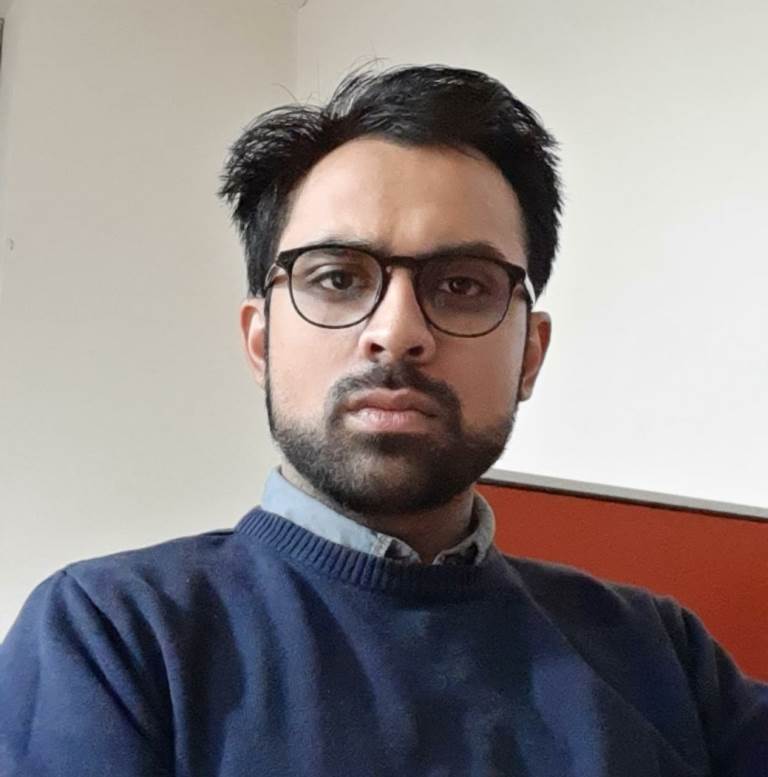
Prabhat Jawla has a Master’s degree in international relations from South Asian University, New Delhi. His areas of interest include geopolitics in West Asia with a particular focus on IRGC, Iran’s domestic and foreign policies and Indo-Iraq relations. He had worked as a research intern in West Asia Centre at Manohar Parrikar Institute for Defence Studies and Analyses (MP-IDSA) and he tweets at @aprabhatjawla.
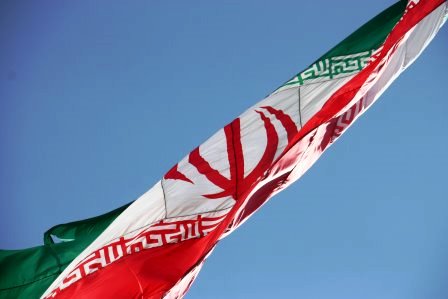
Iran celebrated another year of victory of the ‘1979 Revolution’. However, the country-w.....
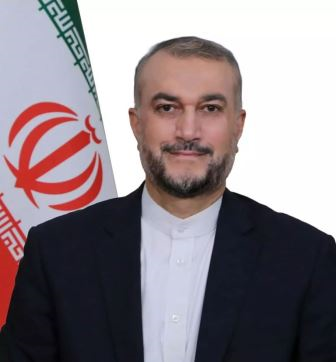
The maiden visit by Iranian Foreign Minister Hossein Amir-Abdollahian, which aimed to strengthen the.....
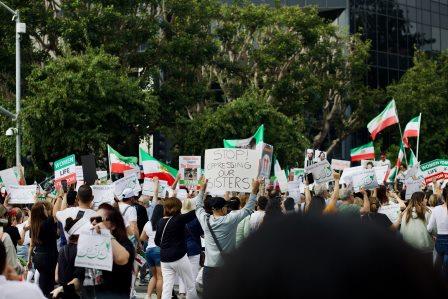
Following the death of 22-year-old Mahsa Amini (also Zhina), widespread protests have gripped the Is.....
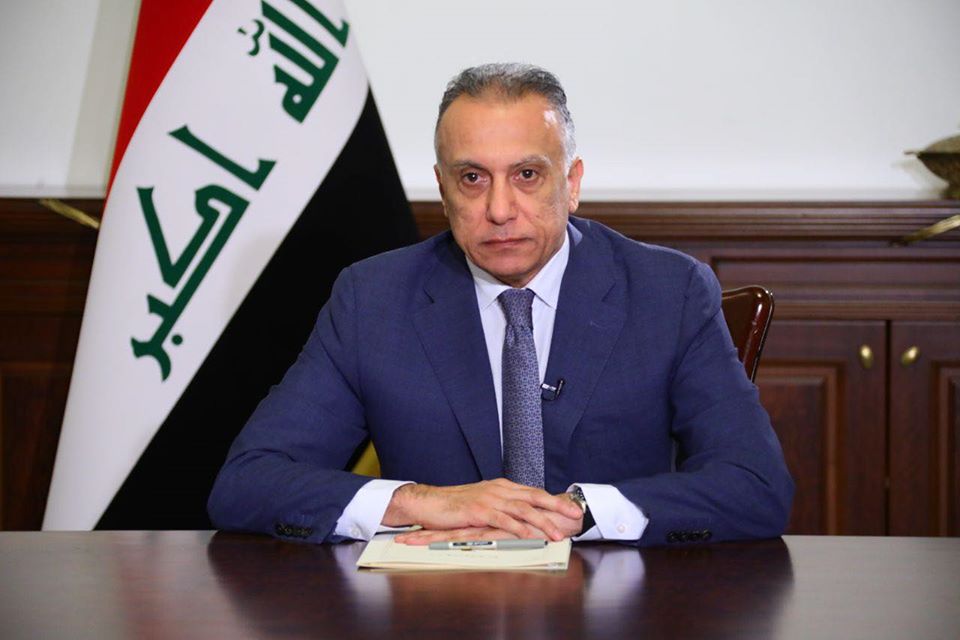
In May 2020, after months of political wrangling, the Iraqi Parliament (Council of Representatives) .....
